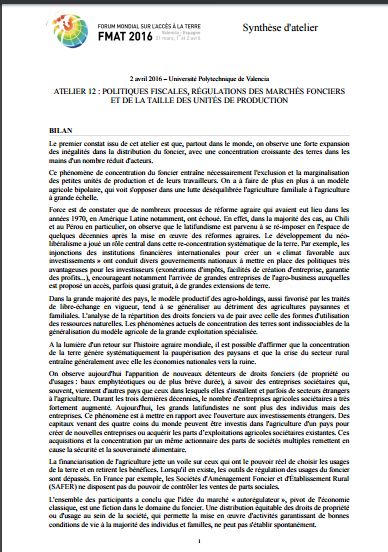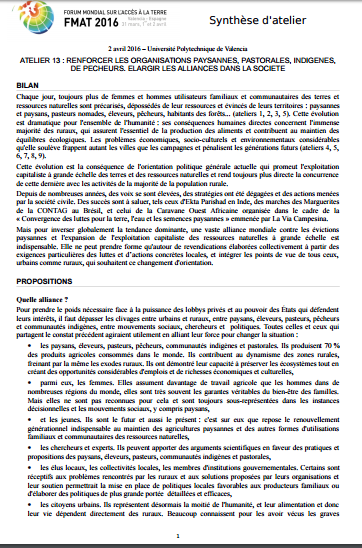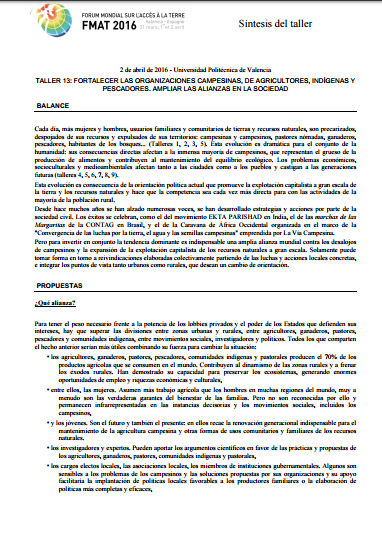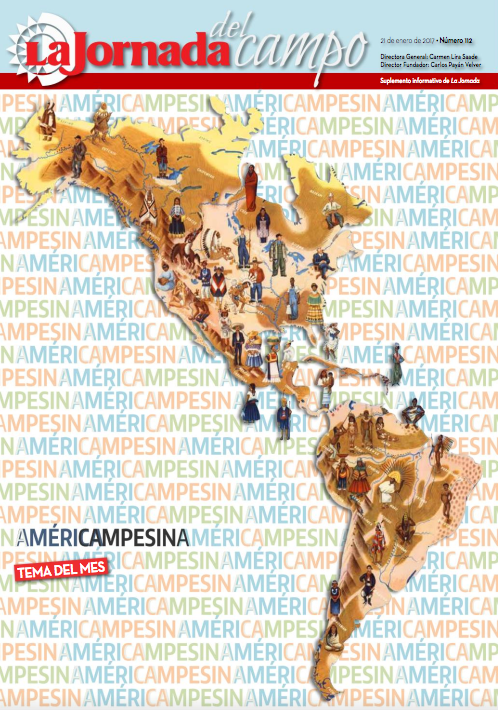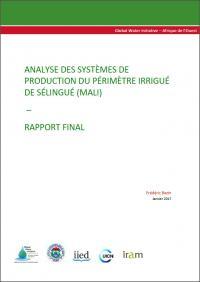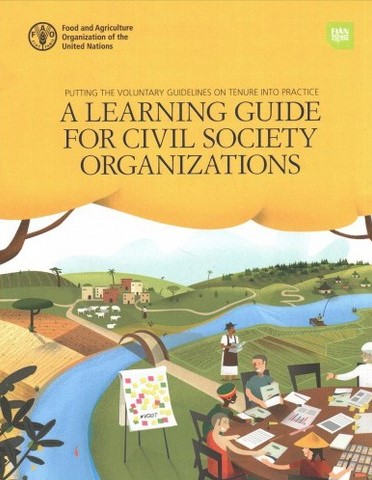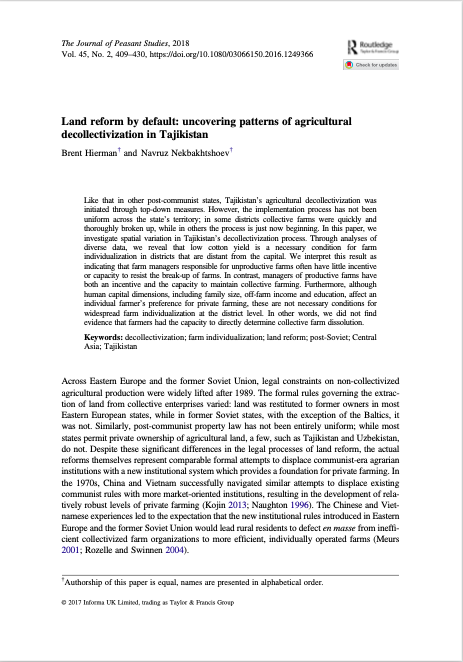ATELIER 12 : POLITIQUES FISCALES, RÉGULATIONS DES MARCHÉS FONCIERS ET DE LA TAILLE DES UNITÉS DE PRODUCTION
Le premier constat issu de cet atelier est que, partout dans le monde, on observe une forte expansion des inégalités dans la distribution du foncier, avec une concentration croissante des terres dans les mains d’un nombre réduit d’acteurs.
Ce phénomène de concentration du foncier entraîne nécessairement l’exclusion et la marginalisation des petites unités de production et de leurs travailleurs. On a à faire de plus en plus à un modèle agricole bipolaire, qui voit s’opposer dans une lutte déséquilibrée l’agriculture familiale à l’agriculture à grande échelle.

